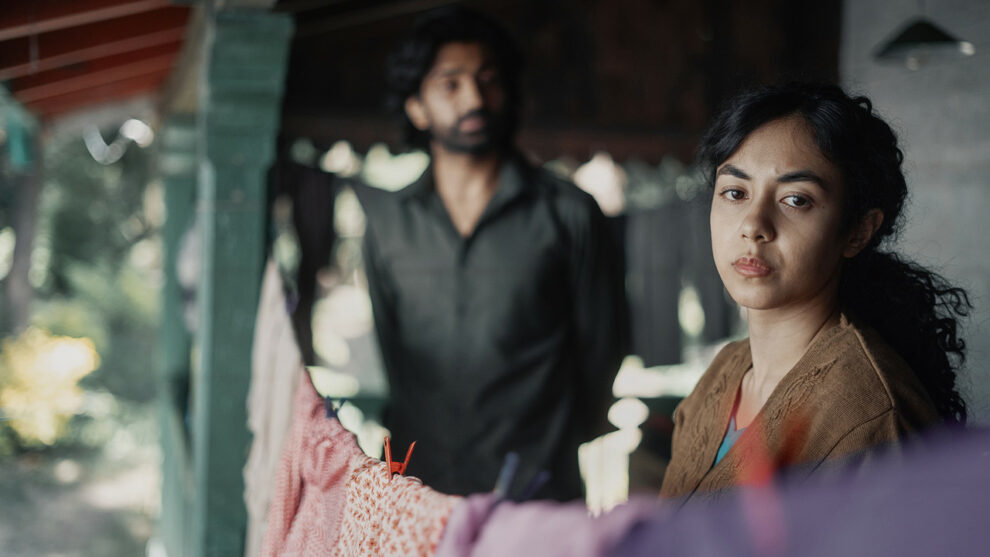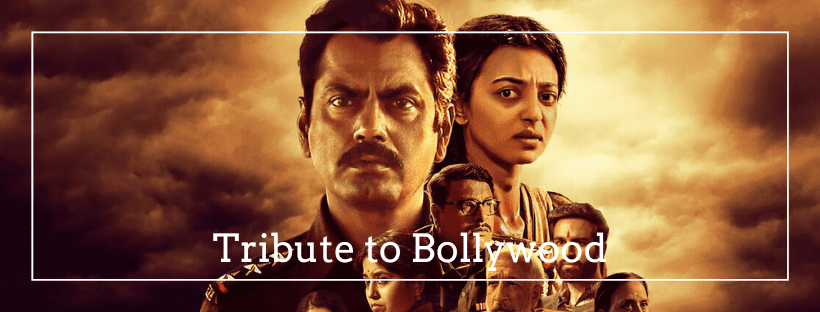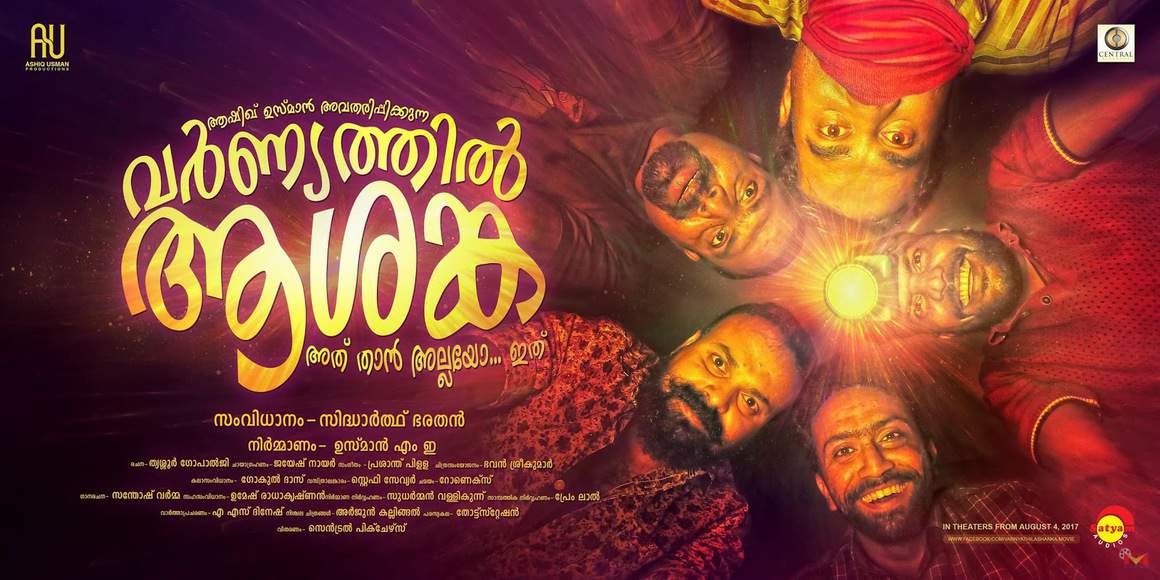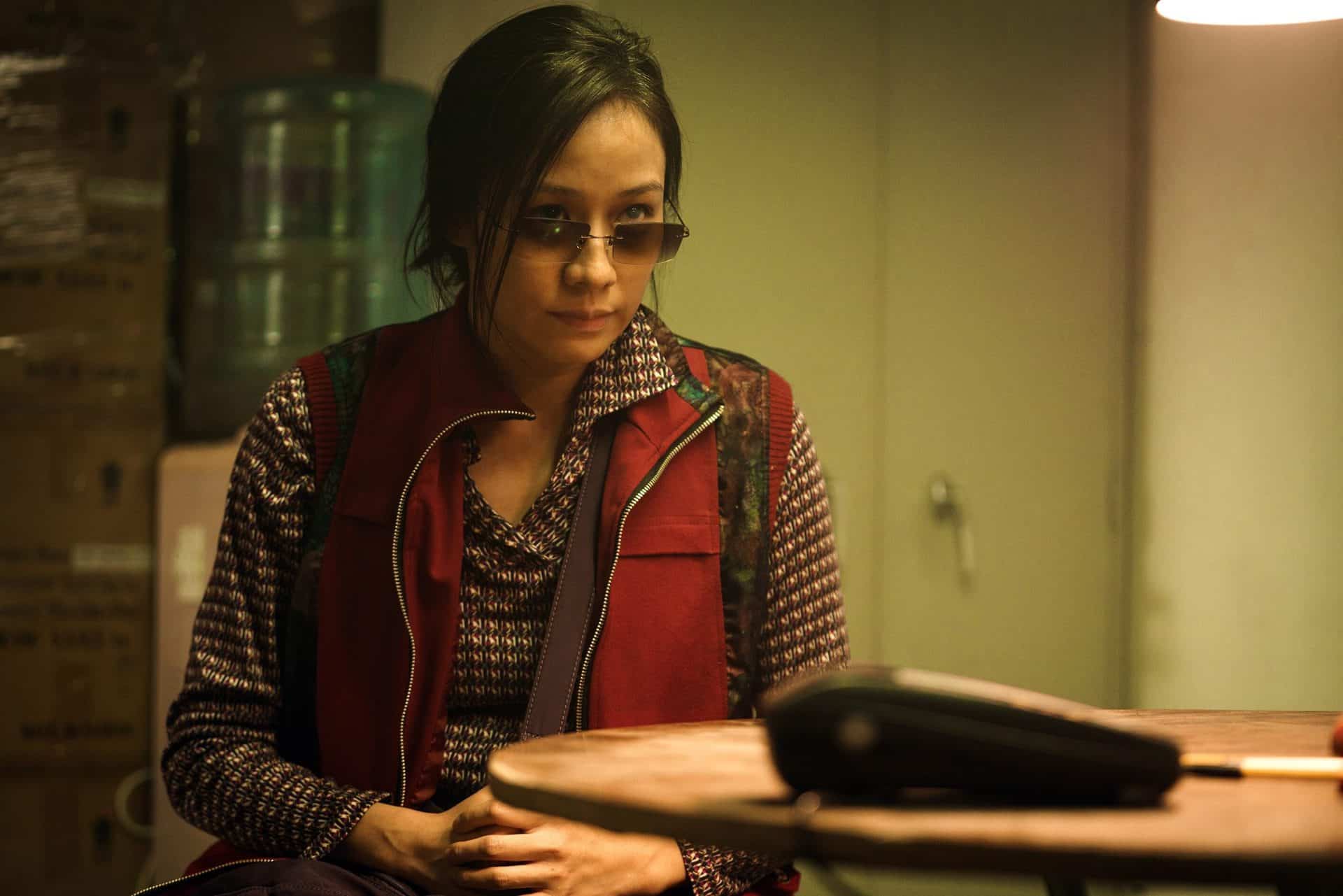by Renee Ng
Solely representing India at Tribeca 2022 was director Shlok Sharma's third feature, “Two Sisters and a Husband”. Returning with his specialty in complex human conflict, the family-drama world premiered in-competition last June. While unfortunately leaving without any wins, the film stands apart with dramatic promises of a heartfelt tragedy, and leaves slivers of hope for India's cinematic visibility on the global stage.
As suggestive titles go, “Two Sisters and a Husband” hits the nail on the head in evoking discomfort and taboo. Set in the 1990s, Rajat (Dinker Sharma), along with two sisters: Amrita (Manya Grover) and Tara (Avani Rai) move to a remote inn at a Himalayan town. With a dark, anxious mood underfoot, the trio harbour obvious intents to hide from scrutiny. Amrita is heavily pregnant with Rajat's child, but we find out that she is not in fact Rajat's wife, but his sister-in-law. Yet the three continue to live together, stewing in their bizarre, immoral connection.
A series of flashbacks eventually reveal Rajat and Amrita's young teenage love to have been thwarted, when the former was coerced into arranged marriage with Amrita's sister, Tara. Though initially compliant, their willful, unresolved romance turns into affair, resulting in Amrita's pregnancy out of wedlock. Left with this shameful fait accompli, the “Two Sisters and a Husband” flee to the mountains. There they attempt to flee from each other, but to no effect. They cannot flee themselves.
Sharma's and co-writer Shilpa Srivastava's purposeful creation of an agonizingly awkward prison of circumstance delivers an effective, albeit wide statement on how taboo convolutes. By locking away all shame and supposed perversion, the characters are also rendered empty and resentful, robbed of what could have been. Scenes between the three protagonists are written and directed with steady care and restraint. Tensions stretch thin as they tolerate one another in silence or explode into arguments and cries. Sharma's keen direction assures that every character, but especially Amrita's, shines through in their distinct resolves to stay above water. This pressure cooker keeps the plot going, in what would have been a steady line towards its explosive end, if not for its diversions midway.
In present time, the three characters embark on individual journeys. With such a strong, intriguing premise to draw us in from the beginning, separating the three proves disadvantageous by slowing the film's pace. Though a through line addressing societal taboo remains, the emotional weight of smaller side plots diminish with their limited screen time. Amrita's perspective remains most closely tied to the premise. Her unborn baby looms with uncertainty, a constant reminder of their sin, as she passes her due date without any sign of labor. The latter vignettes, however, ultimately leave little impact on the main frame, possibly because they necessitated new characters with no other purpose. Rajat strikes a friendship with his innkeeper, a seemingly spoiled heir played by Himanshi Kolhi, while Tara bonds with her therapist to escape her dead marriage and home life.
Luckily, Amrita retains enough screen time to keep our faith. Newcomer Manya Grover's performance undoubtedly steals the show with assured charisma. Her witty innocence tugs our heartstrings, and colours her older, fear-ridden self with even more tragedy. Dinker Sharma's and Avani Rai's performances do not fall behind either. All three actors seem to present such natural affinities to their role, with Rai's quietude and Dinker Sharma's sentimentality.
While the mountains provide the story's setting, Sharma and cinematographer Arjun Mitra choose to spare bucolic imagery for key moments. It is in this way that the Himalayas' misty snow caps are maximized to please, without over-sensationalizing the locale. After all, this is a tale of forced escape, and not quite a vacation. And when revealed, the majesty of snow and rock not only beautify the frame but add to a towering atmosphere of anxiety.
Given this tone of pessimism, however, quite unexpected were the several music numbers and breaks. Namely happening during flashback sequences, when times were better between the trio, lively, optimistic, non-diegetic soundtracks occasionally give way to montages that put the plot on temporary hold. Perhaps a tonal hit-or-miss upon first watch, but still a daring probe at scenes surrounding memory. In retrospect, they too color scenes of later resentment between Amrita, Tara and Rajat with a piercing sadness. The loss of what was, and what could have been. Between young lovers, and between two sisters growing up.
As of 2022, Indian and Bollywood cinema still only possess a small piece of the global festival pie. Is it owed to expressions and styles unexplored or unconsidered? “Two Sisters and a Husband's” premiere at Tribeca shows that South Asian titles can and could continue to be platformed worldwide. Many stories await to be told, inspired by the pains and joys of life and circumstance. Sharma's comeback may not be pitch perfect, but it possesses a competency of heart and humanity that would speak to any of us.

















